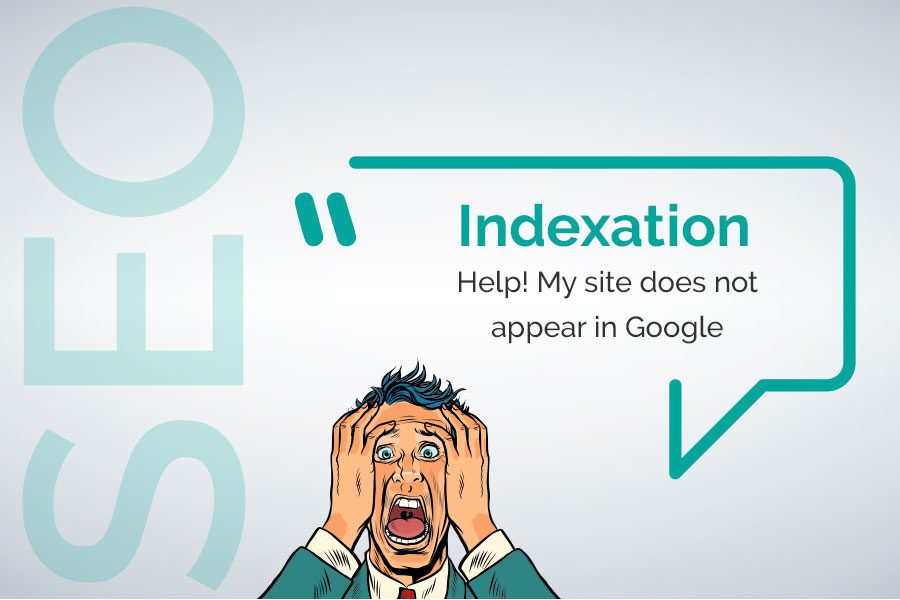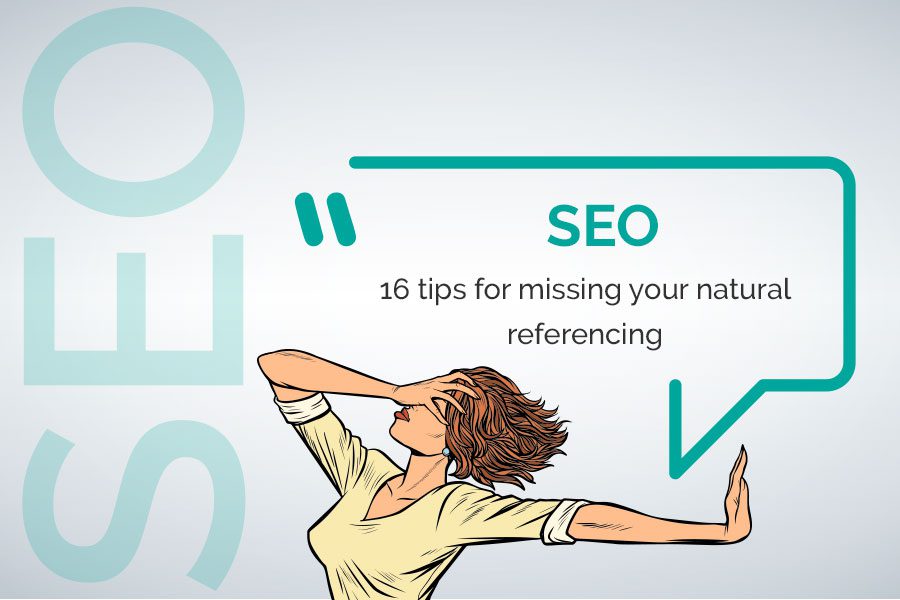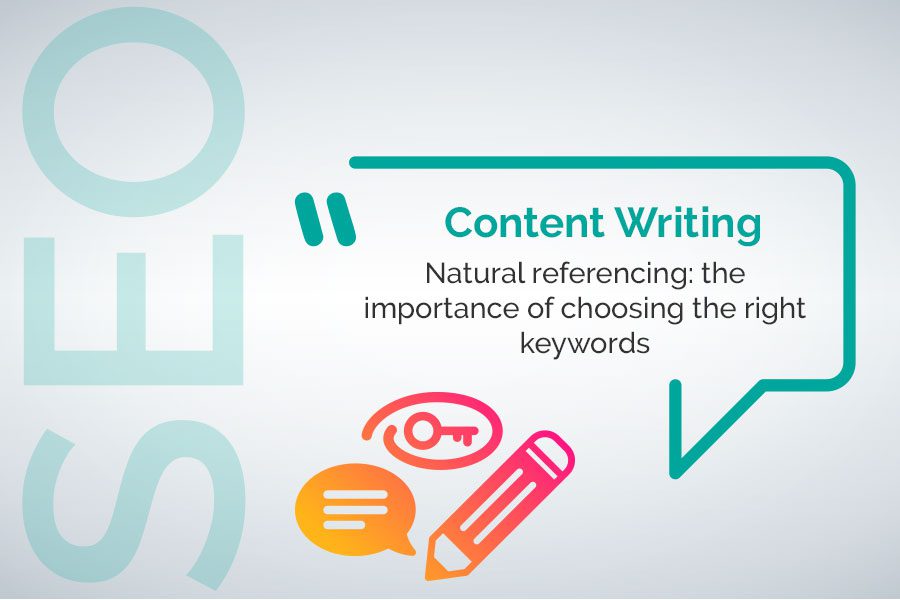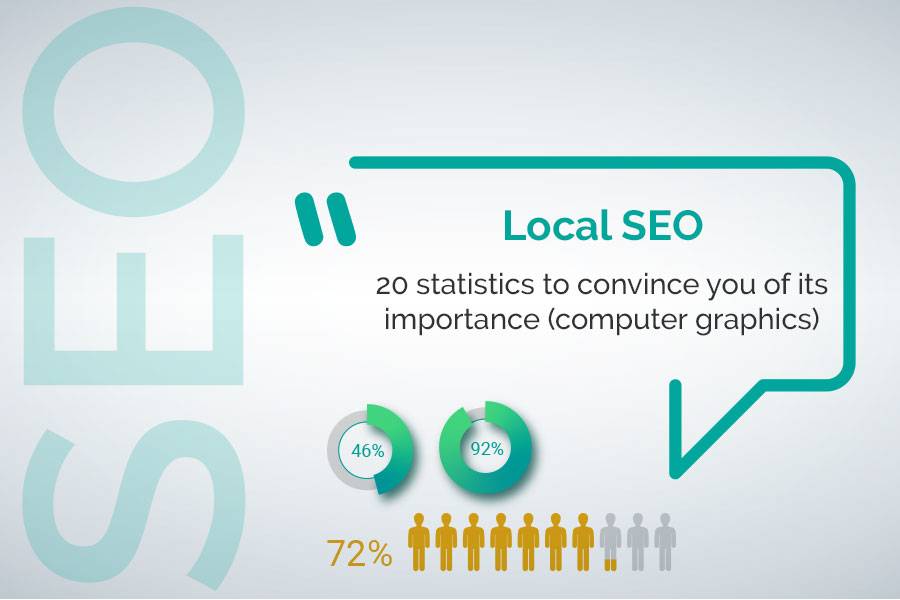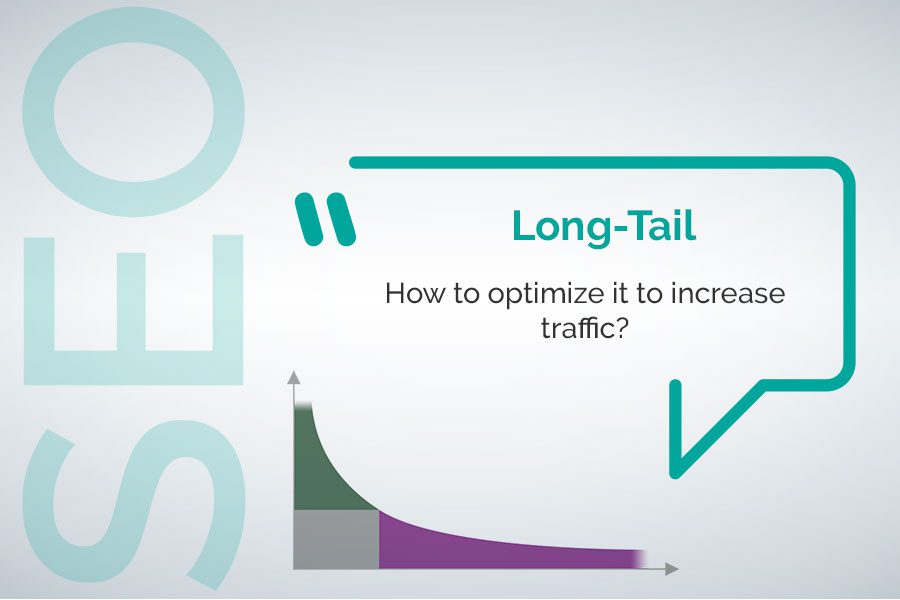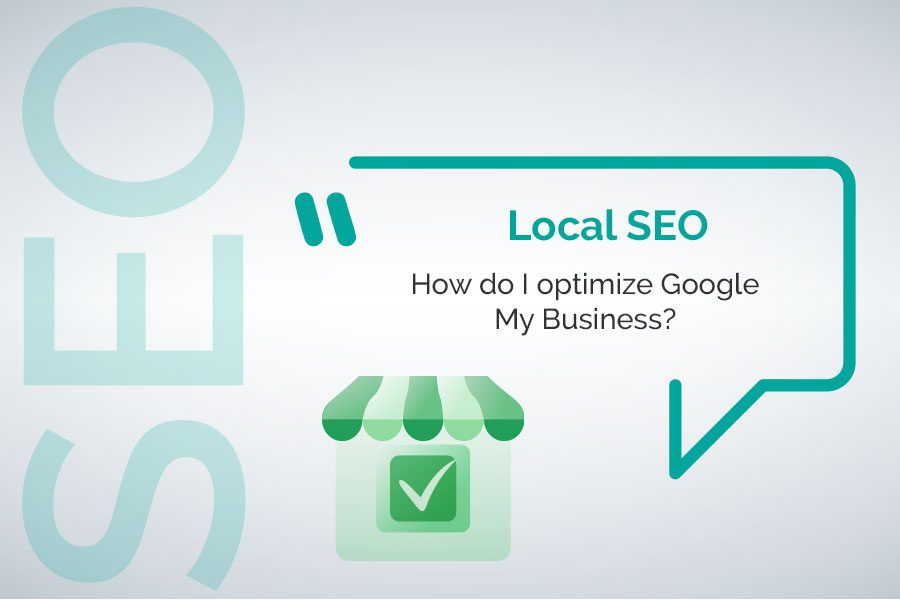What is the common point between:
- A teenager who wants to switch to a different connected speaker and a senior who wants to take a cruise?
- A mechanic who wants to know about future pollution standards?
- An underwater diver who needs to renew his equipment?
They all want Google to quickly answer their question!
The articles they consult first will probably be among the best placed in the results of the engine, provided, however, that they identify themselves in the titles and meta description that accompany these links.
If your article is on the first page of Google’s results, well done! (the first 5 results drain more than 60% of clicks and the first page more than 90%). You will certainly generate a lot of traffic on your site, and that’s a good thing.
But will this traffic be of quality, will it correspond to the target audience you are targeting?
To reach a specific target group and make them aware of your offer, you must determine even before the first word is written:
- The form to use: text structure, tone used, quality of layout
- The substance of the article: usefulness of the information, level of expertise of the editor, originality of the article
- Subject treatment density: Beginner, experienced or sports divers will not need the same information or depth of treatment for the same subject.
ADVICE:
To choose your keywords precisely, use Keyword Planner, a planning tool offered by google that allows you to choose effective keywords based on the targets you want to reach.
